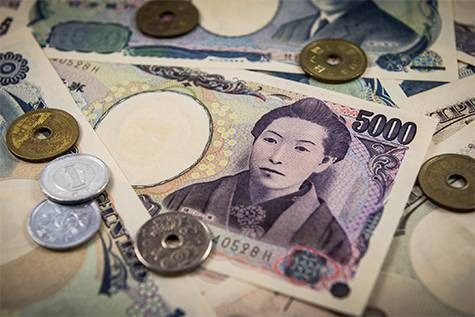The Japanese yen has witnessed a significant decline against other major currencies during the Asian session on Wednesday, as the currency has been affected by a range of economic and political factors.
Summary of the Japanese Yen Performance In the current Asian trading, the yen has dropped to its lowest level in a week at 159.32 against the euro and 191.39 against the British pound, down from closing prices yesterday of 158.32 and 190.22 respectively. If the yen continues its downward trend, it may find support around 164.00 against the euro and 196.00 against the British pound.
The yen also fell against the Australian dollar and the Swiss franc to a nearly two-week low at 96.87 and a six-day low at 168.36 against the Australian dollar and Swiss franc from closing prices on Tuesday at 96.20 and 167.31 respectively. The yen is likely to find support around the 99.00 area.
Against the US dollar, New Zealand dollar, and Canadian dollar, the yen has fallen to a one-week low at 153.73, 87.10, and 107.59 against the New Zealand dollar and Canadian dollar from closing prices yesterday at 152.77, 86.44, and 106.93 respectively. The next potential downward target for the yen may be around 157.00 against the dollar, 89.00 against the New Zealand dollar, and 111.00 against the Canadian dollar.
Concerns Over Trade War and Its Impact on Inflation Increasing concerns over an imminent global trade war and its potential impact on inflation are among the main factors putting pressure on the yen. Investors fear that the imposition of new tariffs by the United States and other countries could slow down global economic growth and raise prices.
Powell's Cautious Remarks on Interest Rate Cuts The yen declined following comments from Jerome Powell, the Chairman of the US Federal Reserve, which were cautious regarding interest rate cuts. Powell noted that the central bank "doesn’t need to rush" to adjust its monetary policy, reducing expectations for a near-term rate cut.
Yen Awaits US Consumer Price Index Data Investors are also awaiting the release of the US Consumer Price Index data for additional clues on future monetary policy. If the data comes in stronger than expected, it could prompt the Federal Reserve to raise interest rates more quickly, which would negatively impact the yen.
Geopolitical Tensions in the Middle East Additionally, geopolitical tensions in the Middle East contribute to increased uncertainty in the markets. Israel has sent more troops to the Gaza area and canceled leave for soldiers already there after Hamas postponed its planned hostage release.













